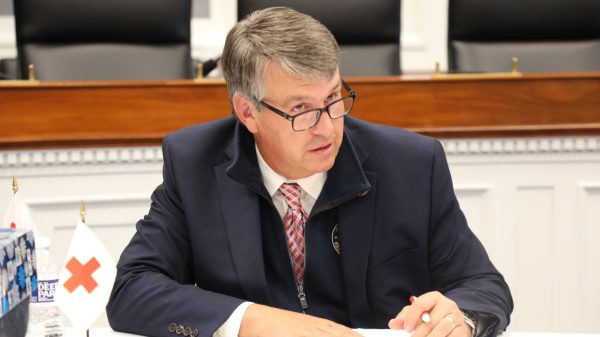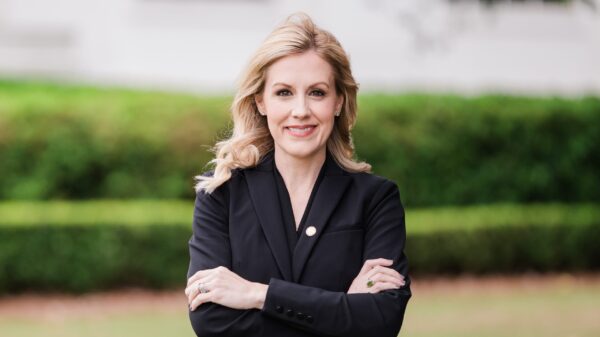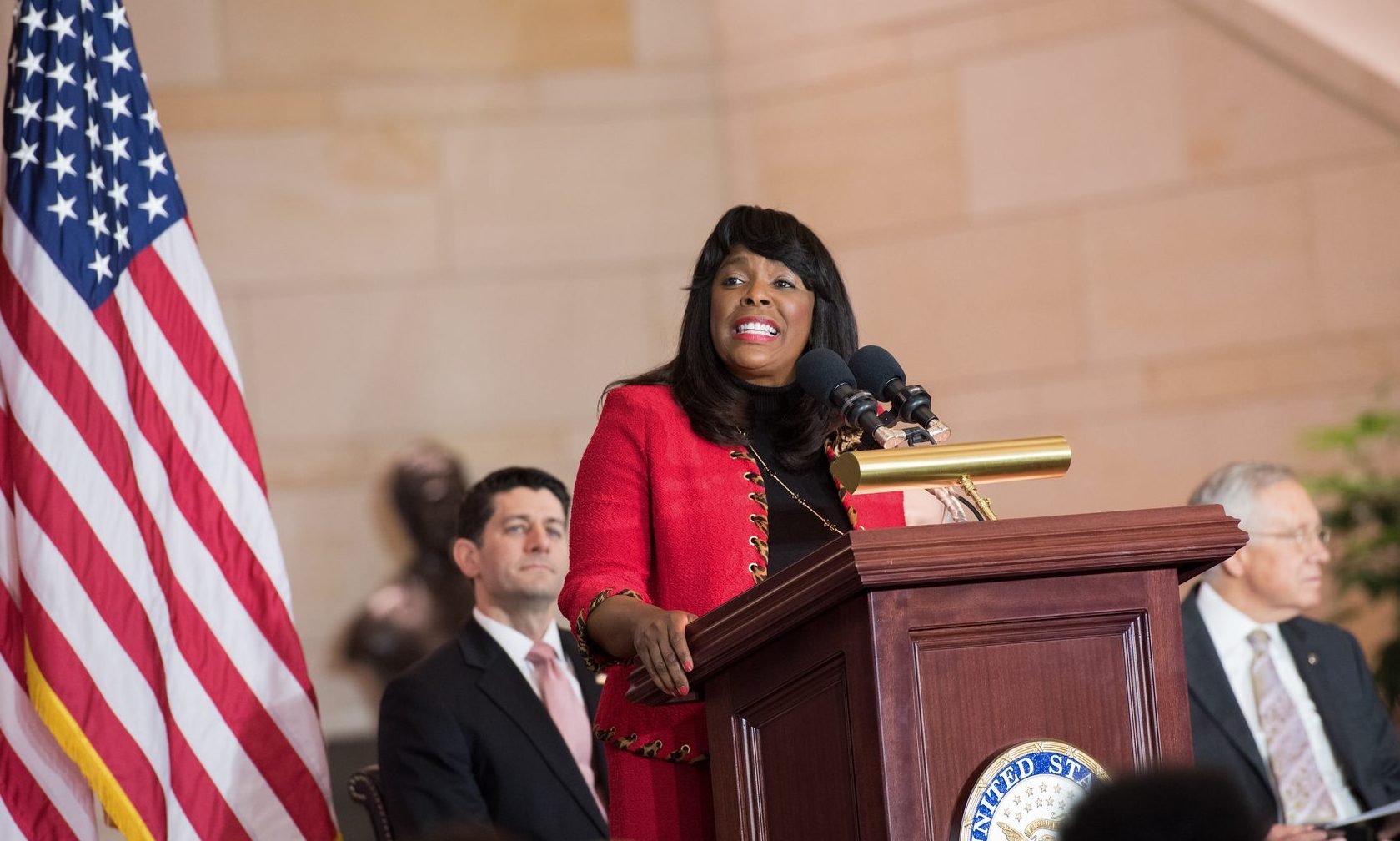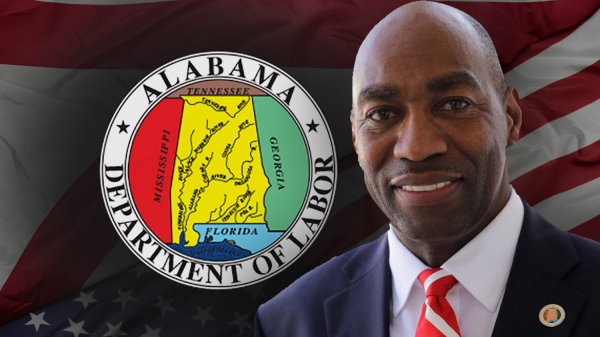The United States House of Representatives passed the Paycheck Fairness Act on March 27, striving to close loopholes and enhance the Equal Pay Act of 1963.
Rep. Terri Sewell, D-Alabama, supported the passage and what may follow the legislation.
“The sad reality is that Alabama has one of the largest pay gaps in the country,” Sewell said. “Equal pay, though, is not just a women’s issue – it is an economic issue. When women in Alabama earn just 76 cents for every dollar paid to men, it costs the state economy more than $11 billion every year. America succeeds when women succeed. It’s past time to do what is right and ensure women receive equal pay for an equal day’s work.”
The Pay Check Fairness Act received support from Sen. Doug Jones, D-Alabama.
The act will work to counteract gender-biased pay disparities by requiring employers to cite specific reasons related to job positions in regards to salary differences between men and women. It also protects workers from receiving any backlash for discussing their wages.
Women will be able to receive equivalent remedies for gender discrimination in the workplace to those received by people who are discriminated against by race or ethnicity.
Improvements to the Department of Labor’s tools for supporting the Equal Pay Act are hoped to be made due to the new legislation.





















































